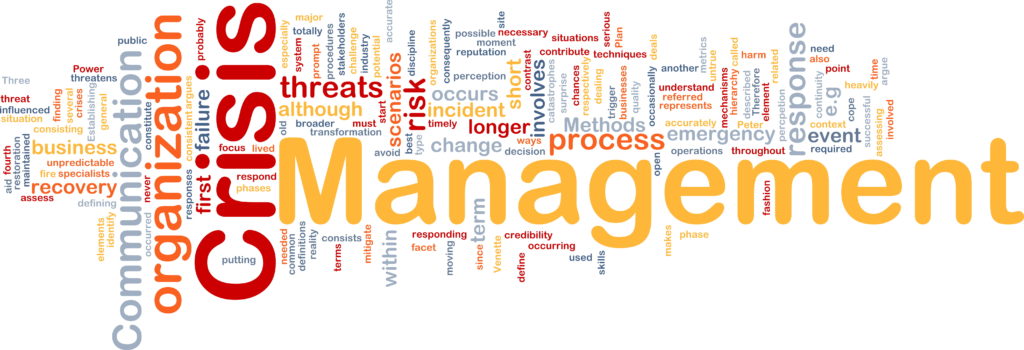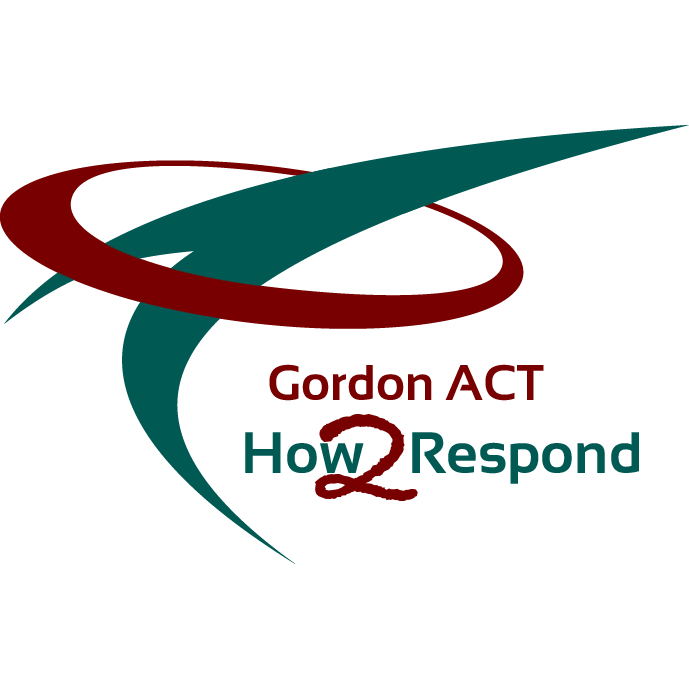Crisis Management
From Preparedness to Recovery
The question is not "IF .... but WHEN" something will happen? It's just a matter of time!
The experience of recent years shows that the damage caused by the crisis itself often is less serious than what is caused by the disorder thereafter.
Insufficient preparedness and organisation skills create chaos and panic, which then can cause an even greater crisis than the original situation itself.
A well-prepared organisation responds appropriately to a crisis and uses its resources to accelerate recovery. Therefore they limit the damage to people and their organisation

Module 1:
Crisis Management Awareness
Team InteractionThis module is an online interactive course of 3-4 hours - it is a customised training based on the needs of your organisation. Your team will have personal contact with the trainer during the course.
It is a combination of interactive theory and case discussions, where you can discuss and ask questions. We will be looking at the way your crisis management organisation is set up and how to make it more efficient.
This training contains the following components
- Part 1: Introduction to Crisis Management
- What is a crisis
- Different phases of a crisis
- Part 2: The roles & responsibilities of all players within a crisis organisation, based on your own plans & procedures.
- Part 3: The decision-making processes & disciplined team meetings.
- Part 4: Internal & external crisis communication
- Part 5: Case discussion based on cases that are applicable to your organisation
- Part 6: Make a to-do-list to get your perfect crisis management setup
Duration of the training: 3 - 4 hours
Module 2:
Crisis Management Team
Scenario SimulationThis module is an online or in-house interactive scenario simulation of 3 hours - it is a customised scenario simulation based on the needs of your organisation.
During this simulation, your team will be working together and will be confronted with a simulated crisis. During the training, you will experience many different factors of a crisis in a short period and you will have considerable input in the course of the situation. You will be working with your plans, procedures and resources to handle the simulated crisis. During the simulation we will be working with actors and different tools, to make it look and feel realistic.
The module contains the following components:
- Part 1: Introduction and explanation of the simulation rules and tools being used
- Part 2: A customised scenario simulation based on your organisational needs
- Part 3: Evaluation & Report

